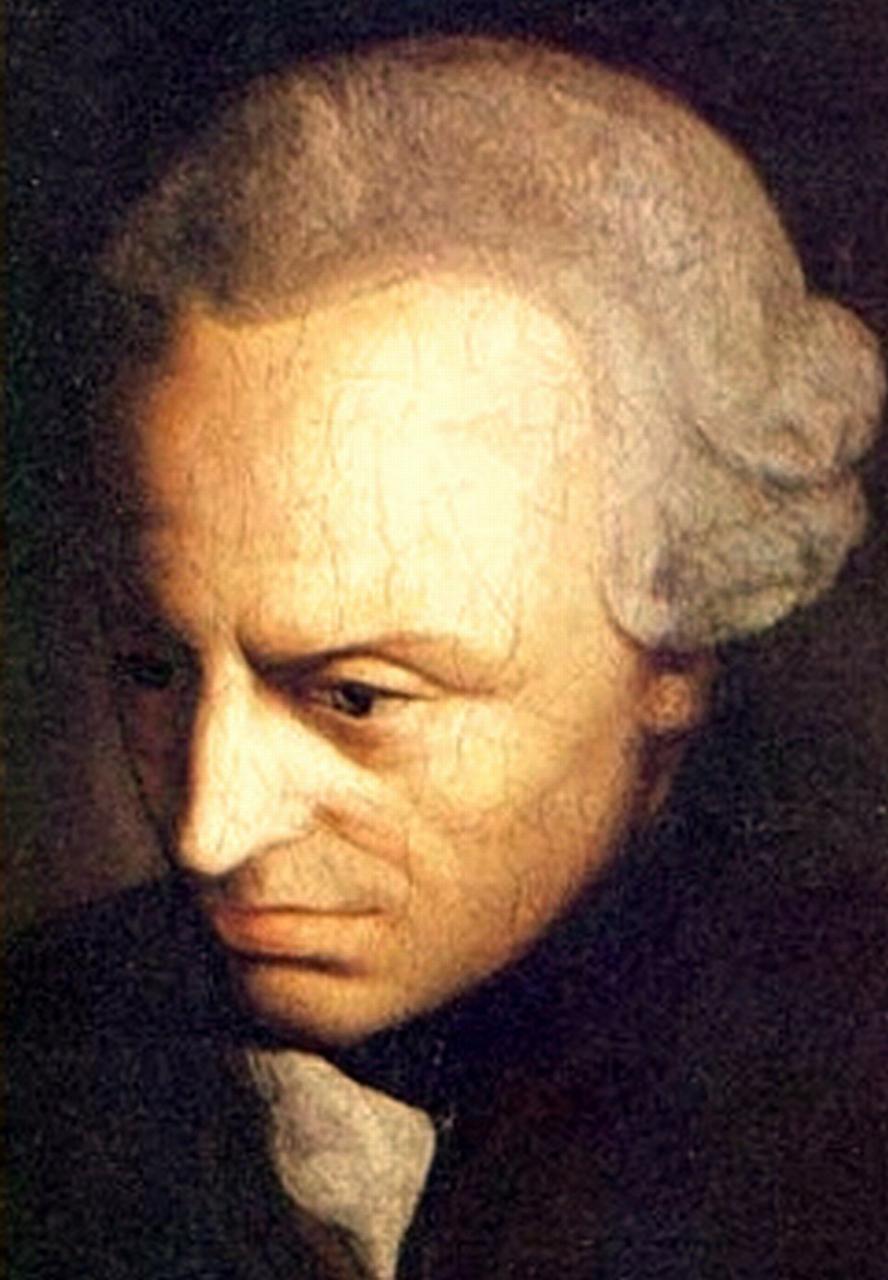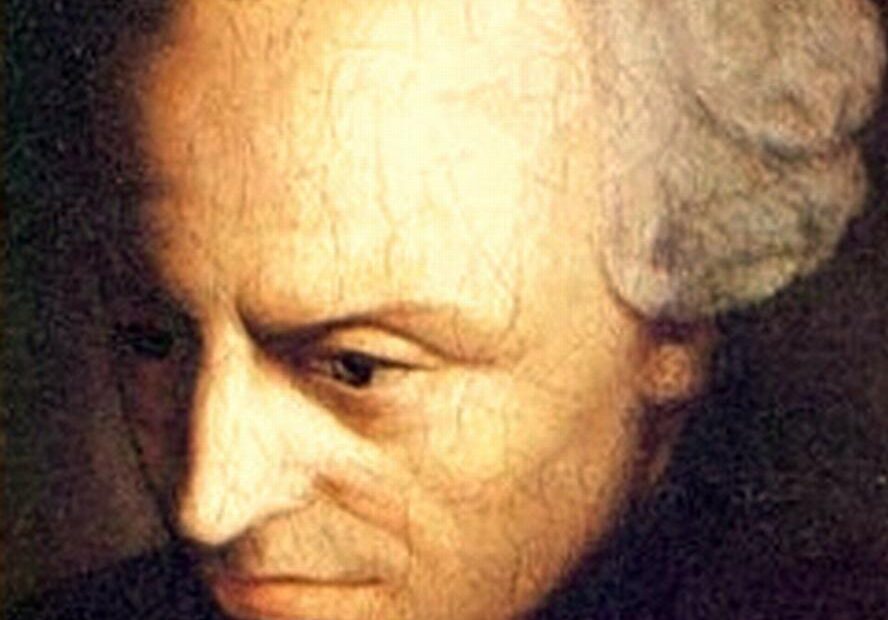What Is Kants Main Philosophy: A Brief Introduction
Philosophy: Immanuel Kant
Keywords searched by users: What is Kant main philosophy Kantian theory in business ethics, Kantian ethics, Kant philosophy pdf, Kantian ethics example, Kant’s theory, Mark manson kant, Evaluate how Kant’s theory might be applied to an ethical issue of your choice, Goodreads kant
What Is Immanuel Kant Philosophy?
Immanuel Kant’s philosophy centers around the concept of freedom as a foundational pillar. Kant argued that human freedom is essential for the very existence of moral evaluation and ethical accountability. He firmly held the belief that for an action to possess moral significance, it must be performed freely, without constraint. In other words, Kant maintained that if an individual had no choice but to act in a certain way, their action would lack moral value. In essence, Kant’s philosophy underscores the profound connection between freedom and morality, emphasizing that our ability to choose and act in accordance with our moral principles is what gives ethical actions their true worth. This perspective on morality forms a crucial aspect of Kant’s broader philosophical framework.
What Is The Main Point Of Kant’S Theory?
Kant’s central thesis revolves around the profound significance he attributed to human reason as the foundational element of morality. According to Kant, it is the unique capacity for rational thought that elevates humans to a position of moral importance. Consequently, he advocated for a fundamental principle: that every individual, by virtue of their shared capacity for reason, should be entitled to the universal principles of dignity and respect. In essence, Kant’s theory asserts that our common ability to reason not only defines our moral essence but also demands that we recognize and uphold the inherent worth and rights of all human beings.
Update 16 What is Kant main philosophy







Categories: Discover 84 What Is Kant Main Philosophy
See more here: future-user.com

The fundamental idea of Kant’s “critical philosophy” is human autonomy. He argues that the human understanding is the source of the general laws of nature that structure all our experience; and that human reason gives itself the moral law, which is our basis for belief in God, freedom, and immortality.His moral philosophy is a philosophy of freedom. Without human freedom, thought Kant, moral appraisal and moral responsibility would be impossible. Kant believes that if a person could not act otherwise, then his or her act can have no moral worth.Kant believed that the shared ability of humans to reason should be the basis of morality, and that it is the ability to reason that makes humans morally significant. He, therefore, believed that all humans should have the right to common dignity and respect.
Learn more about the topic What is Kant main philosophy.
- PHIL 2101: Introduction to Philosophy: Kant
- Introduction to the Work of Immanuel Kant – The Great Thinkers
- Kantian ethics – Wikipedia
- How 18th-Century Philosopher Immanuel Kant is Still Relevant Today
- Kantianism Motive and the Good Will The Categorical Imperative
- Immanuel Kant: Greatest Quotes – Orion Philosophy
See more: https://rausachgiasi.com/your-money blog
